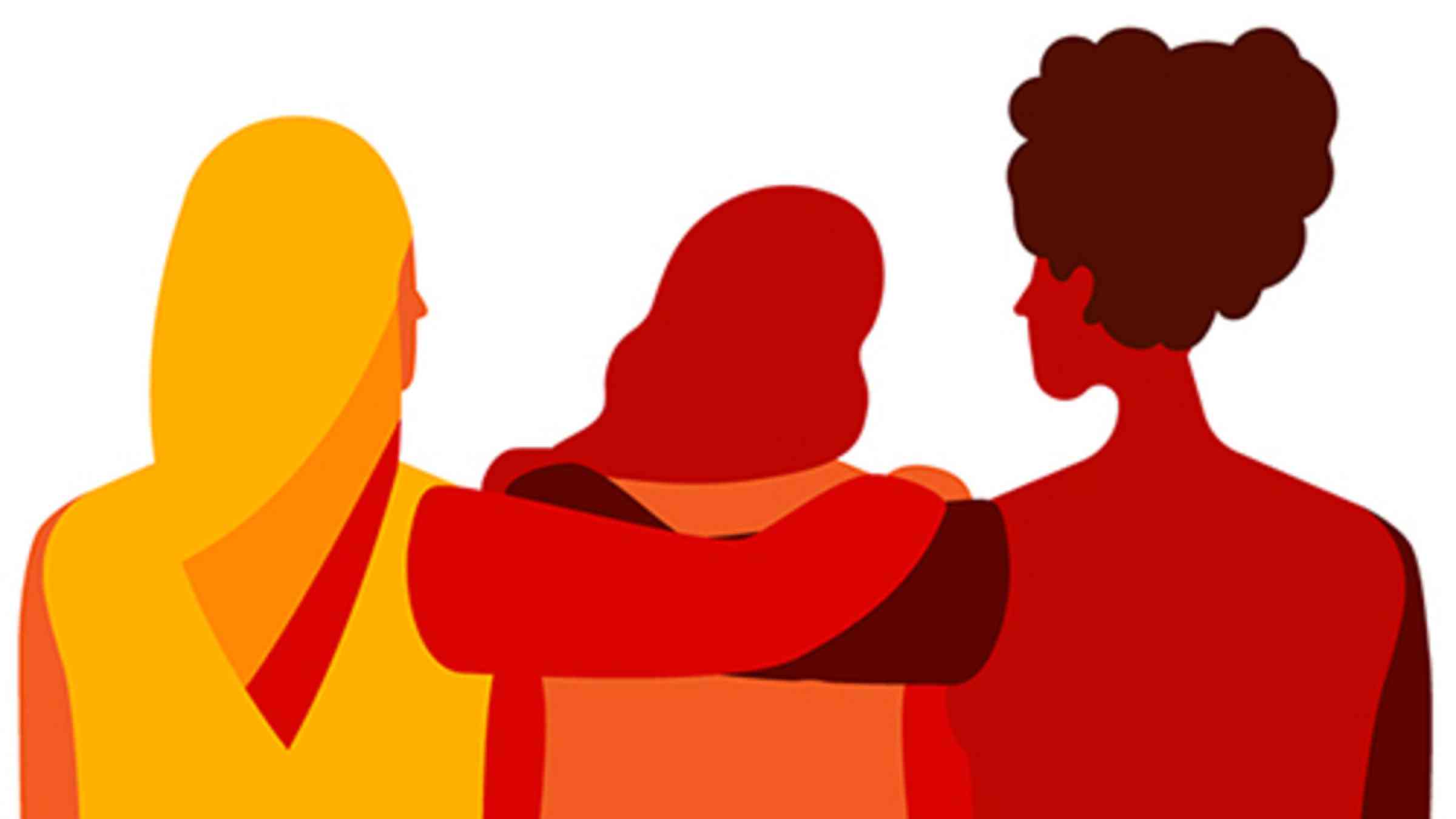COVID-19 makes domestic violence a disaster management issue

GENEVA - COVID-19 has led to an explosion of domestic violence, a UNDRR-hosted webinar for 1,129 participants heard today.
Domestic violence against women and children is now a major concern as lockdowns and isolation measures restrict freedom of movement and make it essential that disaster management plans include hotlines for victims.
“They are not luxuries, they are life-saving services and they must remain open and we have seen in many countries calls to hotlines doubling or even tripling so making sure that we can get those women the services despite restrictions is critical,” said Ms. Anna-Karin Jatfors, Deputy Regional Director, Asia and Pacific, UN Women.
“Women and girls are disproportionately affected by disasters not because of the disasters themselves but because of structural barriers and gender inequalities that exist in all societies before disaster strikes and this is the same also for COVID-19."
Ms. Jatfors listed lack of access to power and decision making, unemployment or underemployment, domestic violence and sexual harassment as major considerations in any gender-balanced response to the COVID-19 pandemic.
She was speaking in the webinar “Leave No One Behind in COVID-19 Prevention, Response and Recovery” organized in collaboration with UN Women and HelpAge and moderated by Ms. Loretta Hieber Girardet, Chief, UNDRR’s Asia and Pacific Regional Office, who said it was the first in a series and was focused on the early lessons from the pandemic and good practices emerging in the region.
Ms. Jatfors said that women with disabilities, migrant workers, and women with restrictions on mobility, are at particular risk of facing violence and some groups of women will have difficulty in accessing services or support.
She singled out Bangladesh for praise “where the national preparedness plan for COVID-19 explicitly commits to developing messaging to mitigate the threat of violence, domestic violence and violence against children.”
The UN Women official also urged governments to “ensure that women are at the table and part of decision-making in the face of disasters and COVID-19 specifically. If women’s organizations are not at the table please make sure to get them there.
“That is not only the right thing to do but it is also critical for ensuring very robust community-level preparedness and response because we know that these organizations have such amazing networks.”
She cited the example of Vietnam’s National COVID-19 plan which commits to engaging the Women’s Union in epidemic management.
The webinar also heard about the experience of pregnant women in Wuhan, China, which experienced the first wave of the pandemic.
In addition to the various risks inherent in pregnancy itself, COVID-19 has added to the anxiety levels of mothers-to-be as ante-natal care can be affected by a shortage of medical resources and the fear of cross-infection, said Ms. Xu Shen, Director of Photosynthetic Action, Youth Education and Development, Shanxi, speaking through a volunteer interpreter, Ms. Yuwei Liang.
Ms. Shen also highlighted the dilemma of COVID-19 infected mothers who cannot breastfeed their babies and experience further anxiety because “they are very afraid of discrimination or unfairness towards them and their babies.”